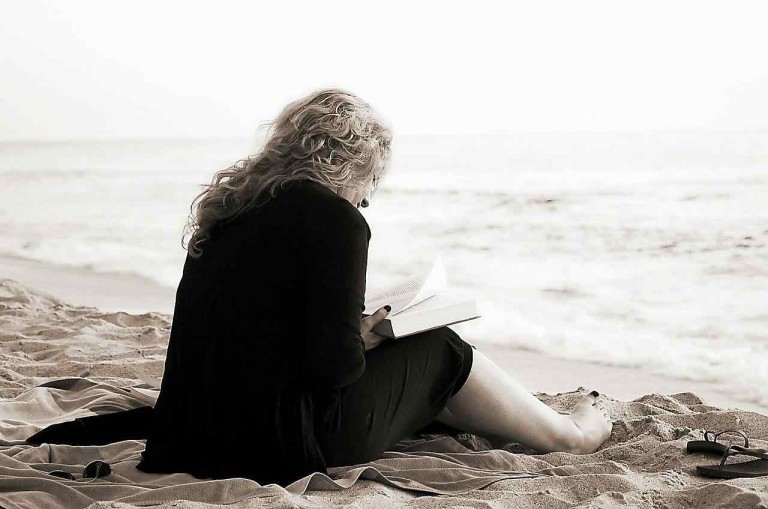
In today’s busy times, we are constantly reading- rushed text messages, live news feed, advertisements and more. But when was the last time you sat back and lost yourself in a piece of writing which transported to a world which wasn’t yours? Despite the bounty of reading material at our disposal today, we are gradually losing touch with the underlying meaning of reading. Here’s how you can rekindle your love for the written word.
10 Things you should know about Reading and Become a Better Reader:
1. Know thy purpose. Why you’re reading a text greatly determines how you read it. Are you reading for pleasure or to keep abreast of current affairs? To compile an assignment or to attempt a trigonometry test? The manner of reading must be modified accordingly to best meet the need of the situation at hand.
2. Know the reading speed required. Reading quickly is considered to be the mark of a good reader. However, the greater the speed of your reading, the greater the likelihood of problems in comprehending the text. For best results, readers must be flexible- they should adjust their speed according to the content to be read. Materials such as newspapers and magazines can be skimmed through as they don’t require careful reading. If the passage comprises of complex concepts or a multitude of unfamiliar words, it is advisable to slow down.
3. Know the background. Being well versed with the background of a text facilitates easier understanding. Read about significant cultural and historical events from the time period and the geographical setting of the text. Some writers include a prologue or a summary to familiarise the reader with the content of the book- ensure that you’re thorough with this.
4. Know where you can find important information. Often we tend to ignore details which aren’t a part of the main text. Captions of pictures sometimes include facts which aren’t mentioned in the accompanying paragraphs- take care not to skip reading these. Introductions and summaries also help to review the significant topics under study.
5. Know when and where to read. Understanding what is happening in the book might get difficult if you the television is blaring loud advertisements in the same room or your mom is nagging you to get rid of that oversized sweater on the drive home. Reading proves to be most therapeutic when you’re sitting in a well-lit, quiet and comfortable place. Similarly you must plan out the sequence for your reading material- it is understandably painful to leave your thriller when you’re in the middle of a particularly nail-biting segment to take up a dull college assignment.
6. Know what to read. Identify which genre appeals to you the most- airy romances or action-packed mysteries, deep philosophical writings or light, comic relief? If you are engrossed by the content, it becomes easier to sustain the habit of reading. After this, it is essential to push the envelope and go beyond your comfort zone as other genres offer new challenges and knowledge.
7. Know when to use the dictionary. A common blunder committed by beginners is the excessive use of dictionaries. Looking up every unknown word you come across is not just time consuming, it also breaks the flow of the text. If you refer to the dictionary too many times in a single paragraph, by the time you finish reading you might face difficulty in comprehending the meaning of the text as you may have forgotten bits from the beginning. Try to gauge the meaning of a new word from the context and continue reading and check its meaning only after you’ve completed the passage.
8. Know your characters and theme. A well written story has characters which are described in rich detail and are easy to identify with. Try to relate to the emotions and undercurrents of the characters as this can help you respond better to similar situations in reality. The characters and the central theme of the book offer an insight into the wisdom and experience of the author and impart important life lessons.
9. Know how to visualise the incidents in the book. We live in a time where we have access to visual representation of literally everything under the sun. Visualising what is happening in the story is a good exercise for the mind, as it boosts the imagination and stimulates creativity. It also improves recall as it is easier to remember the images in our mind than the text of the book.
10. Know the books to be read. Maintain a reading list, preferably on your mobile phone as it will always be accessible to you. Keep adding titles that interest you, be it the book review you read in the Sunday newspaper or the saucy chick-lit your best friend can’t stop raving about. This way, you’ll never have days when you don’t know what to read.
Well written post..
enjoyed reading it !
What you want in Life
Comments are closed.